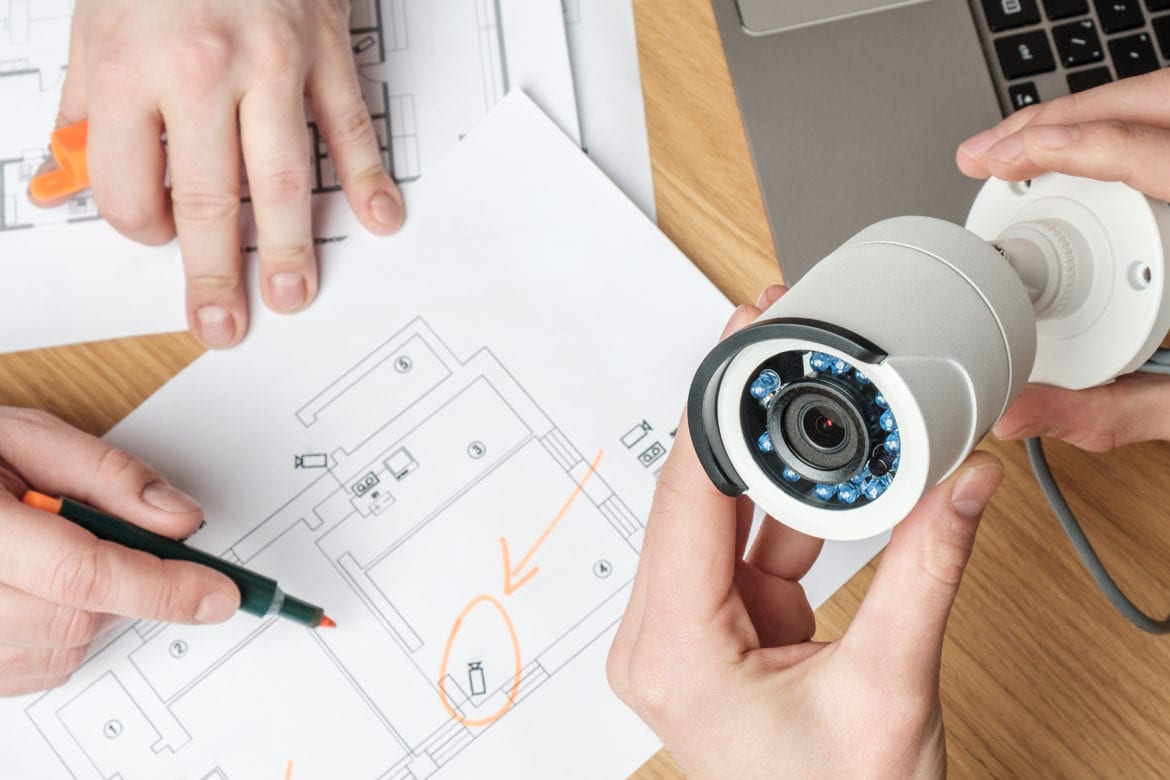HIPAA compliance is a vital part of managing your dental practice. Compliance not only helps protect your patients’ information but also your reputation as a dentist. Cyberattacks in the healthcare sector are on the rise, which means it’s even more important for dentists to stay informed and compliant. This article will cover the HIPAA Security Rule and why it matters for your dental practice.
Recently, a Texas dentist was the victim of a ransomware attack. He was blocked from accessing his data unless he paid a large ransom. Luckily, they did not have to pay the ransom because they had a backup of their records. This case is just one example of how cybercriminals have begun to target dental offices.
Whether you have a solo practice or you belong to a group practice, you or your DSO are likely defined as a “covered entity” under HIPAA (the Health Insurance Portability and Accountability Act), and you are likely required to comply with HIPAA.
There are several different laws and rules within HIPAA, but this article will focus on the Security Rule and how compliance can help you protect your patients’ information and your practice.
HIPAA: What’s at Stake for Your Practice
You’ve probably heard the expression, “There’s no such thing as bad publicity.” But as it turns out, there is such a thing as bad publicity if you make the news for a major data breach.
Whether you own a solo practice, a mobile practice, or you belong to a DSO; there’s a lot at stake when it comes to HIPAA compliance. Even if you’re looking to sell your practice, your reputation and compliance matters.
The importance of safeguarding your patients’ private information can’t be overstated. Not only can you lose patient trust, but HIPAA violations can also lead to hefty fines and penalties. The costs can be extremely high from a financial standpoint and it can be a long process to repair the damage to your reputation.
Additionally, a cyberattack is also likely to cause a major disruption to your practice and cause a drop in productivity for your employees. Some estimates show that a data breach in healthcare can cost a provider around $400 per compromised patient record. For some dental practices, a breach may be so costly to clean up that the dental practice is forced to shut down. That’s why investing time into HIPAA and security compliance is time well spent.
You’ve worked hard to gain patient trust and build your practice, so you don’t want to put those things at risk. Staying up to date and compliant with HIPAA is a good practice for safeguarding your patients’ information and your practice. In the end, it’s not just about compliance; you’re investing in your own peace of mind.
Why Would Cybercriminals Target Dental Offices?
As the dental industry has evolved, so too have cybercriminals. Cyberattacks are becoming more sophisticated and targeted.
Angelina Hendricks, Chief Technology Officer of Planet DDS, says, “Targeted attacks in the healthcare sector are on the rise. With dental offices housing and sending larger amounts of sensitive information, they have become a more attractive target to cybercriminals. Dentists need to stay compliant and vigilant.”

